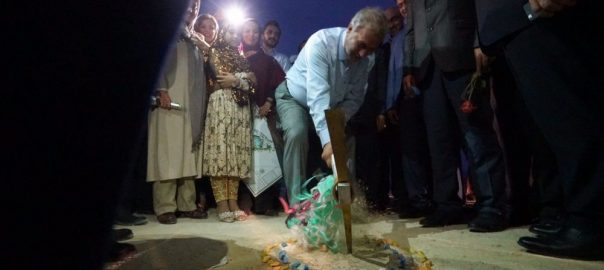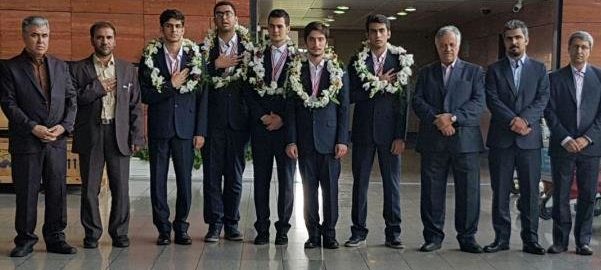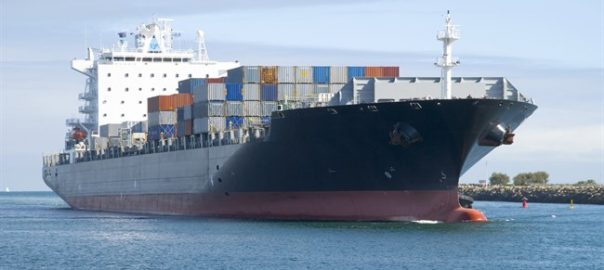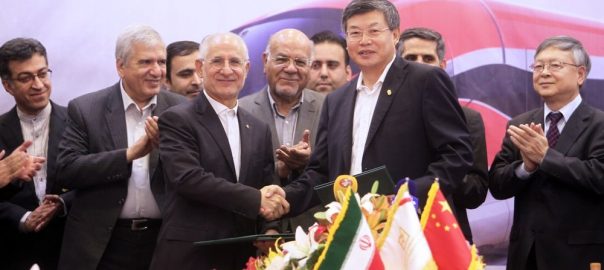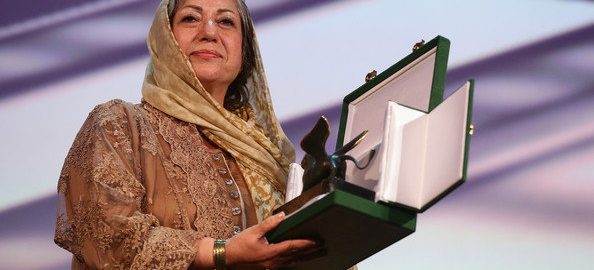The gas deal with Iraq includes two contracts, one to send gas to Baghdad and another to send exports to the southern city of Basra via pipeline
Iraq is looking to increase natural gas imports from Iran within an agreement that would allow the Arab country to receive up to five times more gas from the current level.
“Gas flow to Baghdad is currently at 7-8 million cubic meters per day. But Iraq has asked for higher amounts,” Hamidreza Araqi, chief executive officer of National Iranian Gas Company, was quoted as saying by IRNA on Friday.
Iran began supplying Iraq with natural gas through a pipeline last month, about four years after the two countries signed a preliminary export deal.
Based on the terms of the agreement, exports have begun at a rate of 7 million cubic meters per day to Baghdad and will increase to 35 million cubic meters daily, about five times the current rate. The agreement includes two contracts, one to send gas to the Iraqi capital of Baghdad and another to send exports to the southern city of Basra via pipeline.
The war-ravaged Arab neighbor needs Iran’s gas to feed three of its power plants and alleviate chronic outages that have sparked protests against the government in Baghdad and its poor public services in the past few years, particularly during the hot summer season when electricity demand soars.
Contingent Supplies
There were reports that gas exports would begin in September 2016, with the initial amount of 7 mcm/d, yet in addition to security concerns, when terrorists took control of large swathes of Iraqi territory, there was trouble with the funding and operational issues related to the construction of the pipeline inside Iraq.
The NIGC chief did not say if and when gas exports to Iraq will rise, but stressed that any increase will depend on higher output from South Pars, a giant gas field shared between Iran and Qatar in the Persian Gulf. Government data show that Iran produced more than 880 mcm/d of gas, more than two-thirds of which come from South Pars.
“Ramping up gas supply to Iraq will become feasible upon increasing production capacities in the South Pars field,” Araqi said. According to published reports, Iran can generate $3.7 billion annually through the export of the clean fossil fuel to Iraq.
Though Iraq is the second-largest producer of OPEC, the country has been incapable of meeting its domestic electricity demand. Iraq’s peak electricity demand is about 21,000 megawatts in summer and the grid is only able to supply about 13,000 megawatts, Reuters reported in April 2016.
The average Iraqi household receives power for just 7.6 hours a day, according to data from a report by Iraq Energy Expo. As a result of the shortfall, homes need to obtain half their power needs from generators. Iraq is now Iran’s second largest gas customer behind Turkey, which imported about 21 mcm/d in 2016, according to the latest BP Statistical Review of World Energy.
Iraqi Energy Minister Qasim al-Fahdawi said this month the country will need Iranian natural gas for at least the next seven years to meet a shortage of feedstock at its power stations. / Financial tribune /


